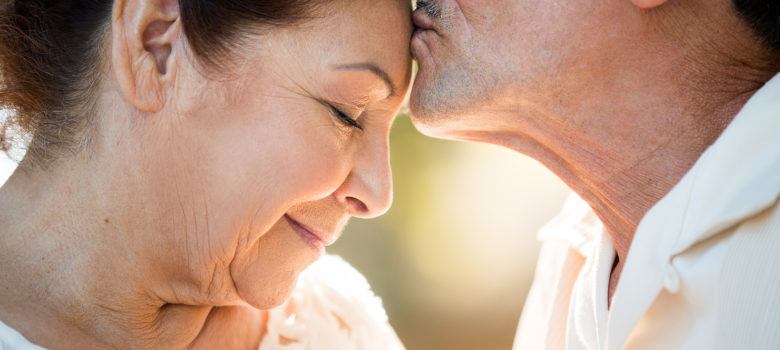

Brain Matters: Our Path to Preventing Alzheimer’s Disease
by Verna Porter
Throughout our lives our brain’s job is to help us make sense of the world around us and to oversee our daily affairs, activities and relationships. Brain health refers to our ability to remember, learn, play, concentrate and maintain a focused and active mind. It is important that we can readily access the strengths of our brains for information management, logic, judgment, perspective and wisdom.
Simply put, brain health is about our ability to make the most of our brain’s resources and to help reduce some risks to it as we age.
What is Dementia?
Dementia is not a specific disease. It’s an overall term that describes a group of symptoms associated with a decline in memory or other thinking skills severe enough to reduce a person’s ability to perform everyday activities. Alzheimer’s disease (AD) is a specific type of dementia. AD is characterized as a progressive neurodegenerative disease that destroys memory and other important cognitive and mental functions. In Alzheimer’s disease, brain cell connections deteriorate and die off, eventually resulting in marked difficulties in thinking, memory and cognitive functions which interfere with a person’s abilities to carry out normal daily activities. Memory loss and confusion are some of the main symptoms of Alzheimer’s disease.
To date, no cure exists, but medications and cognitive management strategies may help to slow the rate of progression of the disease and improve symptoms.
Warning Signs
So what are some warning signs of possible Alzheimer’s disease that should prompt a person to seek medical attention?
1. Memory loss that disrupts daily life
2. Challenges in planning or solving problems
3. Difficulty completing familiar tasks at home, at work or at leisure
4. Confusion with time or place
5. Trouble understanding visual images and spatial relationships
6. New problems with words in speaking or writing
7. Misplacing things frequently and losing the ability to retrace steps
8. Decreased or poor judgment
9. Withdrawal from work or social activities
10. Changes in mood and personality
What can be done?
Is there anything that can be done to decrease the risk of developing AD? The answer is yes! Dementia risk may be notably decreased by physical activity. Considerable evidence suggests that engaging in regular physical activity may prevent cognitive decline and dementia. Active individuals have lower blood pressure, cholesterol and a lower risk for diabetes; reducing these factors may promote healthy brain aging. Even short-term exercise interventions have been shown to prevent brain atrophy in older adults and may also improve brain connectivity. However, most older adults are unable to meet the nationally recommended physical activity guidelines, set at 150 minutes of moderate to vigorous physical activity per week.
Eat for your brain: the Mediterranean, DASH, and MIND diets may promote brain health.
Alleviate stress: protect yourself by making changes to your lifestyle and learning ways to cope.
Be social: loneliness and depression can impair cognitive health, causing memory loss and attention deficits. Challenge your mind: learn new skills and acquire new knowledge. A cognitively active brain is a healthier brain.
In summary, keep yourself physically activity, mentally active, socially engaged and practice good diet, exercise and lifestyle habits and routines.
Adapted from the original article published in the September 2019 issue of the Santa Monica Star.
About the Author

Verna Porter
Dr. Verna Porter is Director of Programs for Alzheimer’s Disease, Dementia and Neurocognitive Disorders at the Pacific Brain Health Center, Pacific Neuroscience Institute, Providence Saint John’s Health Center in Santa Monica. She provides comprehensive, compassionate, clinical consultations and continuity of care for patients with mild cognitive impairment, Alzheimer’s disease and other dementias.
Last updated: December 11th, 2019